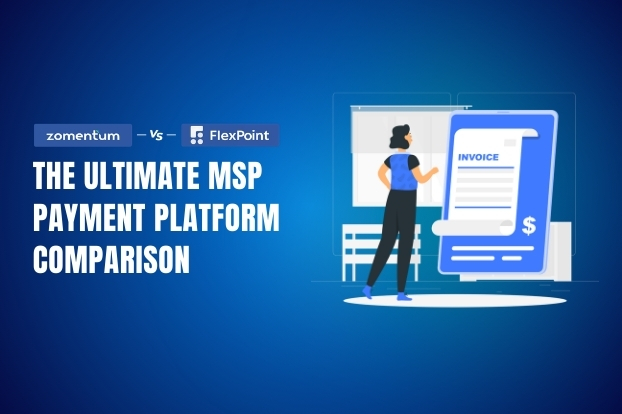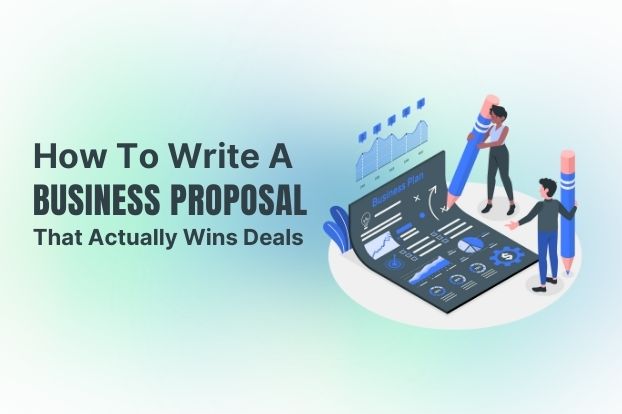What is a CRM Software?

The easiest way to manage your customers is to use your smartphone, combined with a chat solution like WhatsApp, Telegram and Google Sheets.
Yes, you heard me right!
I would say, the best way to manage your customer is by using a combination of chat (WhatsApp or Telegram), Google Sheets and a Word file. You don’t need specialized software for that.

Provided that you are limited to just one type of product or service, you are the only person in the company and the total number of customers existing or new do not go into double digits.
Having said that, this is never the case.
Even if a business has just one customer, chances are it is trying to expand and add more into its portfolio and chances are the sales team is talking to multiple prospective customers at any given point of time.
And an excel sheet, email and WhatsApp group to manage all the communications, documents and discussions doesn’t exactly work.
A software that can streamline your customer interaction, manage contacts and sales process as a whole, will not only help you streamline your sales process but also would speed up sales cycle by eliminating any non-essential steps in it, ultimately leading to more revenue in the least amount of time.
This software is what a CRM is?
CRM Software Definition
The first ever CRM was created in the early 1980’s, though it lacked the features and automations that most CRM’s (like Zomentum) today have.
It was made out to be an efficient way to store and use customer information, The software itself was called “ACT!” and was considered to be a digital Rolodex.
Before we can define what a CRMsoftware is, we need to understand what CRM or customer relationship management means?
Wikipedia defines CRM as,
Customer relationship management is an approach to managing a company's interaction with current and potential customers.
It uses data analysis about customers' history with a company to improve business relationships with customers, specifically focusing on customer retention and ultimately driving sales growth.
A CRM software is what makes this possible. For a CRM process to work all the data, communication, contact details of the customer needs to be at one place and a CRM software makes that possible.
As such we can define a CRM software as,
CRM or Customer relationship management software is a tool or system that allows you to efficiently manage and gain insights from customer information and by extension helps manage customer relations.
Why should you use a CRM tool?
Those who have used a CRM, can barely imagine working without it. For most of us (who have used a CRM before) a CRM is the core of all our work, especially if you are in sales.
Having said that, the benefits of a CRM are 2 pronged, one to the sales people and one for the company itself.
Let’s start with sales teams,
Benefits of using a CRM for salespeople
1. You don’t miss on follow-ups
One of the major problems while selling to multiple potential clients over the month is to keep track of all the appointments and follow-ups that we need to do before we can close on a deal.
A CRM allows salespeople to set up and schedule calls/meetings/follow-ups with leads directly from within the CRM which is usually synced to the calendar.
That means when it’s time to call a customer for payment, we don’t have to rely on our memory to remember the time and date we were supposed to follow up at.
2. All the data we need at a single place
CRM usually acts as the repository for all the customer information, including all the emails, invoices and chats with the customer.
For sales people, this means they can find the customer information and details of their requirement within the CRM as and when required.
Especially, in cases where a customer comes back months after the initial conversation, a CRM allows sales teams to keep track.
Benefits of using a CRM for the company
1. Performance tracking
If you run a company or in our case an MSP and tend to track all your sales and customers via excel sheets, chances are you barely have an insight into how your salespeople are performing?
What actions lead to closure and what can be removed from the process altogether?
A CRM not only tracks customer information but also allows you to keep track of sales actions that were done on this lead over time.
Combined with detailed reporting that most CRM’s (like Zomentum) come with, that can be used to track and measure performance.
2. Improved customer retention and support
A centralized repository of customer information usually means that when your team sales, support or tech needs information about a service or a product that a customer might be using, they can access it in the CRM.
This easy accessibility leads to faster response times, better engagement and a happier customer i.e. more revenue and better retention.
Types of CRM’s
CRM’s can be divided into different types based on how they are used and where they are located. Though in some cases a single CRM software might combine the capabilities to cater to specific needs of a customer.
Types of CRM based on how they are used
1. Operational CRM: Uses sales and marketing automation to offer a comprehensive view of every customer’s journey
2. Analytical CRM: Analyzes customer data and identifies patterns to enable better decision-making
3. Collaborative CRM: Organizes and shares customer data with both internal and external stakeholders.
Types of CRM based on server location
1. On-premise CRM
This type of CRM is usually installed onto a local machine (read laptop or local server) of the company and all the customer information along with any additional information is only accessible locally.
In some cases though, employees and agents might be given limited remote access to the data based on requirements.
Being on premise also means that the data is lost in case the machine is corrupted or physically damaged, lowering reliability and backup options.
2. SAAS/On-Cloud CRM
As the name suggests, these CRMs are hosted remotely on a cloud platform and sold usually as SAAS products.
Being on cloud usually means better reliability and uptime and better data retention and security.
We list the 3 most used types of CRM software in our blog here.
Top feature that a CRM must have
1. Contact and Lead management
Contact and customer information management is the very core of a CRM though if a CRM just does that, it is not much better than your phone's contact list.
A CRM should help your sales team to keep track of leads, create notifications and set up calls with the customers, ultimately help them track their lead and the stages they are in.
2. Communication tracking
For you and your team to efficiently track sales it is essential that you are also able to track all the communication that would have gone to the customer. That means everything from emails to calls to meetings needs to be tracked at a single place, that is your CRM should have the capability to add and manage this data.
3. Reporting
CRMs are a treasure trove of data, a good CRM would allow you to use this data to create reports that would help you derive actionable insights that you can use to improve your sales process and better help your sales team and customers.
To give you a better understanding of the features of a CRM, we have an elaborated post that you might be interested to read.
If you have a sales team, actually if you are selling anything and selling it to more than just a couple of customers, a CRM is must have.
This not only makes your life easier in the short run but adds value in the long run, allowing you to gain insights into patterns and processes that worked for your business (or your MSP) which can be used to build a larger sales team and a faster sales process.
We have also written an interesting post about Why most sales CRM initiatives by MSPs fail? to help you take steps without having to find yourself in uncertain situations.
If you wish to get a demo of Zomentum's easy-to-use CRM, click here.
Suggested Blogs
.jpg)
10 Best Quoting Software Tools for MSPs and IT Service Providers

FlexPoint vs Zomentum Payments: The Ultimate MSP Payment Platform Comparison for 2026

